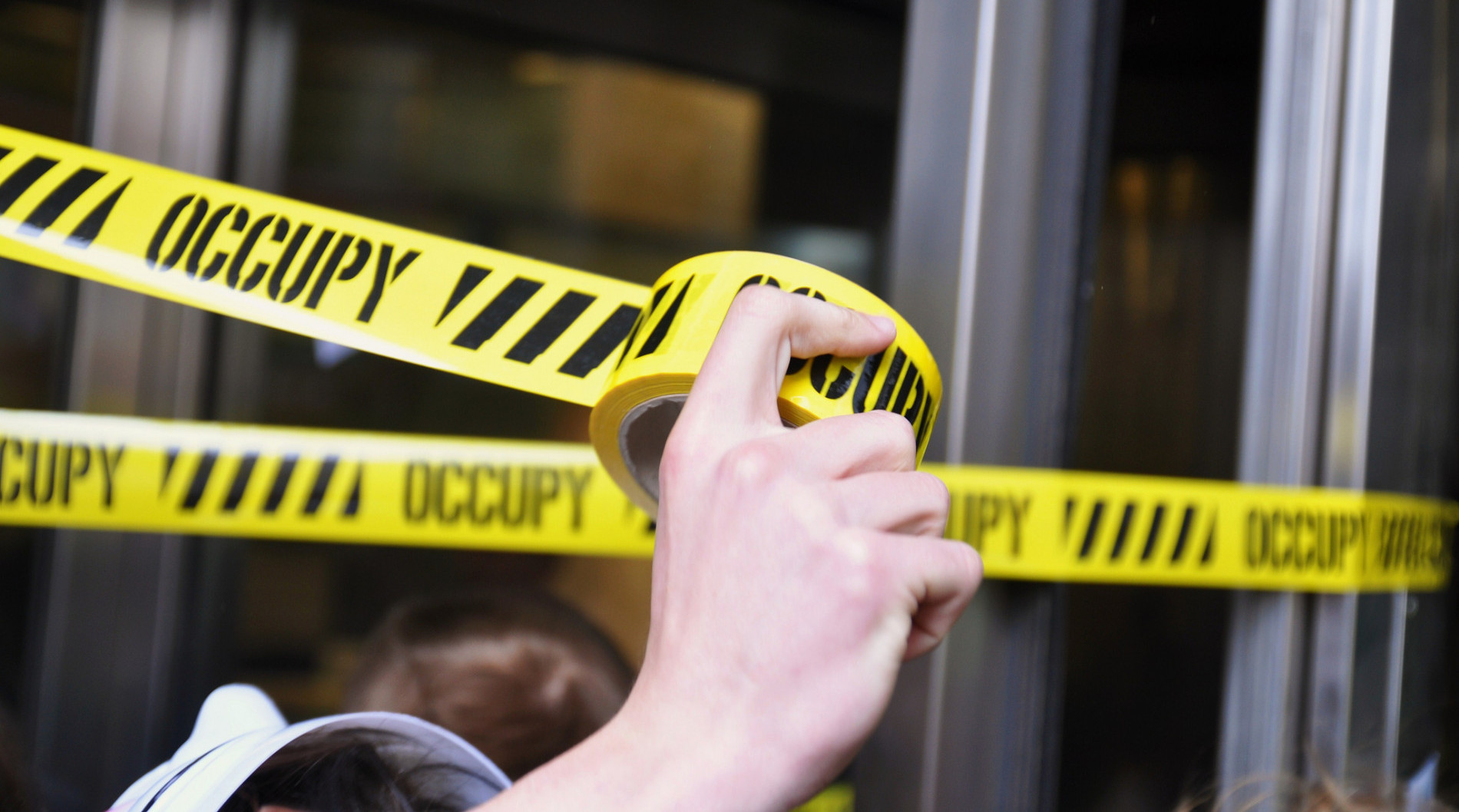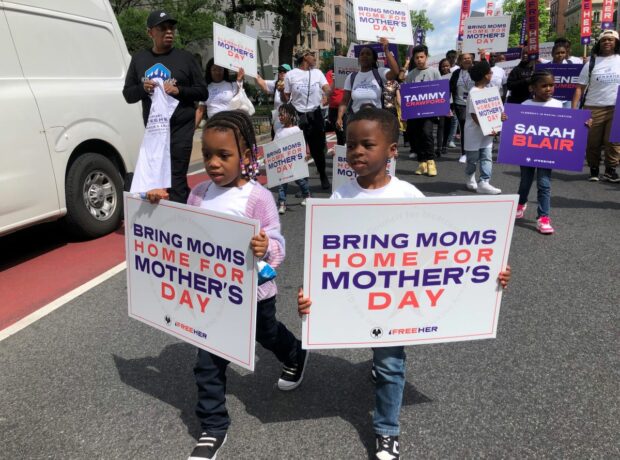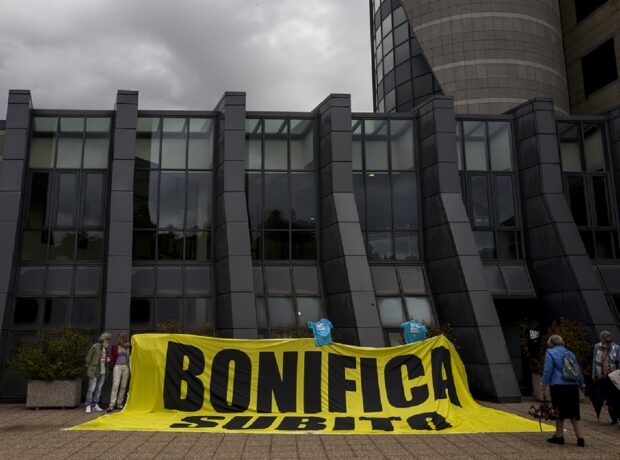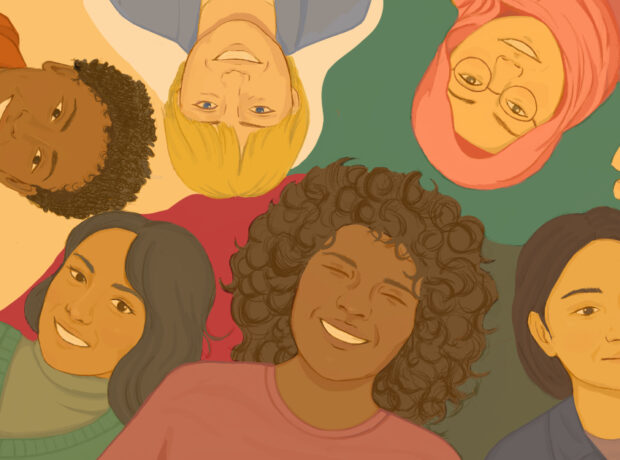This is a collaborative article written by Katharina Karcher and Preti Taneja
On 30th November, as world leaders converged in Paris for the climate summit, a Catholic priest called Father Martin Newell was arrested outside the UK’s Department for Energy and Climate Change (DECC) for vandalism. Along with four other protestors from Christian Climate Action, he whitewashed the department’s walls and re-branded them with the words ‘Dept for Extreme Climate Change’ in large black letters. Then he knelt on the street with his fellow campaigners and prayed.
Ruth Jarman, one of his fellow protestors, said she hoped their action would inspire ‘a holy rage’ in people to ‘resist climate ignorance and denial,’ and to realise that ‘underneath the hypocritical whitewash of fine talk on climate are DECC policies that lead to death.’ Their stark moral and ethical message was met with the chilly banality of the law: the five were charged for ‘criminal damage’ to the government building and ordered to appear before Westminster Magistrate’s Court.
For Father Martin, 48, this was nothing new: he has been arrested over 20 times in the last 18 years. From protesting as a young student against the Poll Tax in 1989, to anti-nuclear protests in the mid-1990s and being arrested several times since 2010 for campaigns against drones, each arrest has been the result of campaigning for social justice. Over the years he has been charged with criminal damage, trespass, even burglary.
Dr Katharina Karcher met Father Martin Newell at a non-violent direct action protest against drone warfare in January 2015, where she and three other protestors were arrested. While they were in custody, Martin dealt with press inquiries and reassured their friends and families. He attended their trial in October 2015 and provided vital support throughout the court proceedings.
In her interview with Father Martin, he reveals the political side of the Catholic Church and his own lifetime of activism inspired by faith.
Why did you feel compelled to protest at the DECC in November?
We are at a crucial point. Globally, temperatures have already reached one degree above pre-industrial levels. For those of us who have agonised over what climate change will do to our planet, and all the people and life on it, especially the poorest, we are beginning to find out. The conflict in Darfur, Sudan started over drought and water supplies. A major factor in starting the war in Syria was the effects of drought. Many of the African refugees coming to Europe are in effect climate change refugees. Here in Birmingham, where I live these days, still with refugees, they tell me of extra-ordinary temperatures, droughts and deaths from so many places around the world. We all, myself included, need to wake up to what is already happening to our world, make urgent changes and take urgent action. We have all been asleep too long. This action for me is an act of penance, a sign of repentance, a call to myself as well as others to change, a sign intended as a wake up call.
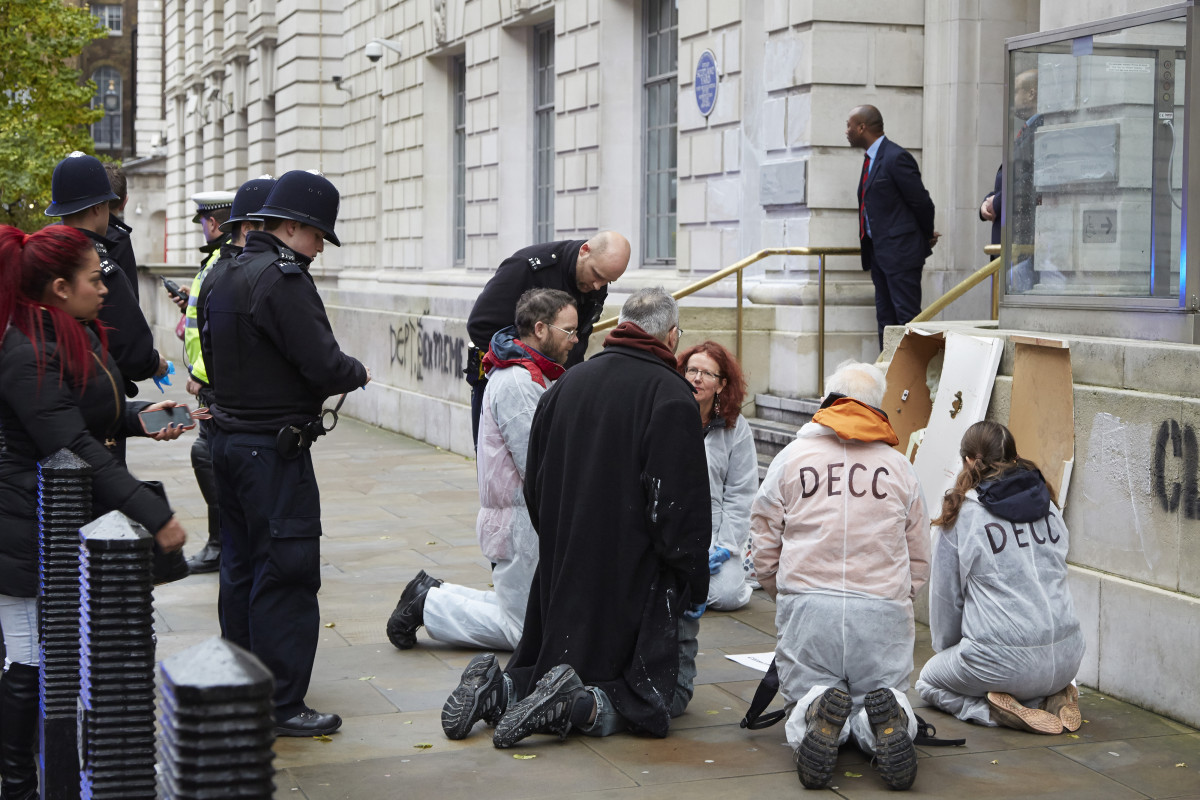
Photo by Carmel King
How did you become an activist?
I was twelve years old in 1979 when Maggie Thatcher became UK Prime Minister, but if I could have voted, I would have voted Tory – my Dad was a Daily Mail reader, and I followed that. Really, I had a religious ‘conversion experience’. I was a religious Catholic, also open to other versions of Christianity. I read a couple of books I was given – “Rich Christians in an Age of Hunger” by Ron Sider, “The New Radical” by Jim Wallis (both radical Evangelical Christians). I spent two months volunteering during a university student summer holiday at the Ashram Community, a Christian community in Sparkbrook, inner city Birmingham, my first experience of a deprived area, and a Muslim context. I also heard Jim Wallis speak while I was at the Ashram Community. Then I spent a week at a youth retreat centre in France called Taize (I knew nothing about any of these beforehand). I had a crisis of faith, and realised that social justice and peace, the ‘option for the poor’, ‘living simply’ and therefore politics, were (or should be) central aspects of Christian life.
I knew I had a lot to learn, so I tried to learn: to read, to study, to volunteer with ‘poor’, marginalised, deprived groups of people and individuals. I tried to find people and places that would help me on my journey. So I volunteered for a year with the Jesuit Volunteer Community, living in Toxteth, Liverpool, only a year after the second major riots there in the ‘80s. I volunteered with the Simon Community in London, living and working with homeless people. I was heavily involved there for most of the 20 years from 1987 to 2007. As a priest, I spent five years in East End parishes, among the poorest parts of London, serving the people there.
How do police authorities, judges, journalists and fellow activists react when they hear that you are a priest?
Mostly they are kind of intrigued: they like it. Some (the police, courts) act more ‘respectfully’ or, perhaps more accurately, more ‘carefully’. Journalists usually like it: it’s a good story. Some activists can be negative, depending on their experience of, and view of religion and churches, and the Catholic Church in particular. But that usually passes. The fact that I’m willing to risk arrest, get arrested and even go to prison for refusing to pay fines I think convinces people of my sincerity. Plus, I guess it’s unlikely I’m anything like the priest or nun or whoever they had their bad experience with.
Can you outline some of the recent actions you have been involved in, and the reactions people have had to them?
On November 3rd, 2000, I took part in the ‘Jubilee Ploughshares 2000’ action at RAF Wittering, along with Susan van der Hijden of the Amsterdam Catholic Worker. The Catholic Worker (CW) is an independent radical pacifist Catholic movement started by Dorothy Day and Peter Maurin in 1930s depression era New York, USA. There are three themes to the life and work of the CW: community, hospitality and non-violent resistance. CW communities are based in houses of hospitality, for all kinds of poor and homeless: here in Europe they are mostly for destitute refugees. Resistance means engaging in non-violent political witness for peace, justice, freedom and also environment. The Ploughshares movement is a loose movement that came out of the CW, beginning in 1980. The inspiration is taken from the Bible, from prophetic visions of universal peace and justice in the books of Isaiah and Micah, where the people will ‘hammer swords into ploughshares’. So Ploughshares activists have put that vision into practice by acts of direct disarmament using household hammers to symbolically and practically disarm major weapons systems. The main British manifestation is the secular Trident Ploughshares, which is in effect the non-violent action wing of the anti-nuclear movement in Britain.
We hammered on a nuclear weapons convoy vehicle and ‘decommissioned’ it. It was out of use for about 6 months after that. We were charged with about £32,000 of criminal damage and ‘burglary’ – i.e. ‘breaking in with intent to commit a criminal act’. We were given a sentence of twelve months imprisonment and served six months, plus six months probation: this meant Susan could not return home to Amsterdam until the six months were over.
Resistance means engaging in non-violent political witness for peace, justice, freedom and also environment
I joined the Passionist Religious Order in the Catholic Church in 2001, and over the next three years my only arrest was for gate-crashing a reception for arms dealers, in 2002. We were arrested for breach of the peace and released later in the day without charge. I continued to take part in and help organise a variety of other kinds of protests, and to be in support roles for non-violent direct action, mainly with the London Catholic Worker group, of which I was a founding member. Of course many of the protests from 2001 onward were focused on the wars in Afghanistan and Iraq.
From 2004 I was working full time with the London Catholic Worker, and began to help organise and take part in more regular protests, focused mainly on the Afghan and Iraq wars, the arms trade (mostly the Defence and Security Equipment International (DSEI) arms fair) and British nuclear weapons. Most of the time we would be doing regular weekly or fortnightly vigils in small groups, outside places related to these issues. Our various foci included Northwood Military HQ, local army recruitment show rooms, the Lockheed Martin UK HQ, the Reed Elsevier London HQ office (a publishing firm who owned the DSEI arms fair at the time), and the ExCeL Centre, where the DSEI arms fair has been held since 2001.
Other issues we acted on included vigils outside a local refugee reporting and detention centre during Advent for a couple of years. We did the same outside the American Embassy with the London Guantanamo Campaign. We joined some of the annual climate marches, and in about 2010, we were part of the ‘Stop Airport Expansion’ protest at Heathrow in the then brand new Terminal 5. We joined a small vigil, organised by the Simon Community, outside a London Councils building over plans to ban soup runs for homeless people in certain places in central London, and joined May Day processions from Westminster Cathedral advocating for migrants’ rights. Sometime after 2010, we did some solidarity events for Bradley (now Chelsea) Manning, and a couple of British conscientious objectors. We had a tent at Occupy London – I stayed there one day and one night, and went down for short visits a few times. We also supported activists there, by offering them respite and food.
Drones are an issue that people are willing to act on, at a time when peace protest seems to have fallen off
Also since 2010, I became involved in drones protests. We held weekly vigils outside the London office of Tower 42, and the march at RAF Waddington. Drones are a particular problem, a new problem, another step in military technology. It’s an issue that people are willing to act on, at a time when peace protest seems to have fallen off – and so activism around this is a way to keep or build a network or movement. Since I moved to Birmingham in 2014, a focus has been the Elbit drones engine factory at Shenstone, both in terms of various vigils and protests, and a post-action support role in the roof top occupation. Also, Palestine Solidarity has taken a higher profile for me since moving to this overwhelmingly Muslim neighbourhood last year (I had in fact been on Palestine Solidarity marches before too). The Shenstone factory is part of that due to the Israel connection.
Can you say anything about the arrests and charges?
I have been arrested I think over twenty times. I have twelve convictions on my ‘criminal record’, all for ‘criminal damage’ (apart from the ‘burglary’). I have also been convicted of ‘obstruction of the highway, but this is not a ‘recordable offence’. A number of the convictions were for putting red paint on things: signs at the DSEI arms fair, the sign at Northwood HQ, blockading Downing Street with red paint on the road, as well as our bodies; and also for cutting fences at Aldermaston, Northwood, and Waddington, for spray painting, as well as marking the wall of the MoD with charcoal.
Many people associate religion with obedience rather than rebellion. How do you reconcile your involvement in radical political protest with your life as a priest?
I guess it’s true that for a number of centuries at least, Christianity and Catholicism in particular were associated with obedience. Indeed, obedience isn’t foreign to me. I mean, firstly, there is obedience to God and God’s will and call to me, as I see it and hear it in my conscience. And secondly, I don’t think I ‘disobey’ for the sake of it. I know there are many things I don’t know, and even know nothing about. I know that tradition is a very important thing. But I also know human obedience can be, and particularly in the 20th century, has been horrendously abused. We live in a culture that rejects ‘tradition’ because it associates it with ‘obedience’ – who or what have gone before. And that is a sad thing, although understandable. And it is also fed by the insatiable capitalist need to promote the new, the novel and the superficial.
I don’t have any trouble with the coherence of my faith and my politics: it is my faith that is my motivation and inspiration. I don’t think I would ever have got into this otherwise.

Preti is Postdoctoral Research Fellow in Global Shakespeare at Queen Mary, University of London and Warwick University, where she works on Shakespeare performances in relation to human rights abuses and in humanitarian situations. Current projects are in Serbia, Kosovo, Syria, Jordan and Kashmir. She is an AHRC/ BBC Radio 3 New Generation Thinker, and a Fellow Commoner at Jesus College, Cambridge University. She is also the editor of Visual Verse, an online anthology of art and words. As a human rights advocate she co founded ERA Films, working on issues as diverse as Iraq’s refugee crisis, in Rwanda with survivors of the genocide and with women in slum areas of Nairobi, Kenya. Her fiction film and documentary work with Ben Crowe is critically acclaimed and her first novella ‘Kumkum Malhotra’ is out now from Gatehouse Press.
USEFUL LINKS:
Christian Climate Action
Catholic Worker USA
Catholic Worker London
Trident Ploughshares
Drones Campaigns
READINGS:
“Binding the Strongman; a Political Reading of the Gospel of Mark” – Ched Myers (Orbis Books)
“Binding the Strongman” – (abridged version) – Ched Myers: available from the London Catholic Worker
“Selected Writings” – Dorothy Day (Orbis Books)
“Loaves and Fishes” The Inspiring Story of the Catholic Worker Movement – Dorothy Day (Orbis Books)
“The Long Loneliness: The Autobiography of the Legendary Catholic Social Activist” – Dorothy Day (HaperOne)
“A Penny a Copy: Readings from the Catholic Worker” – Tom Cornell and Jim Forest (Orbis Books)
“Love is the Measure” and “All is Grace”- Biographies of Dorothy Day and the Catholic Worker movement – both by Jim Forest, published by Orbis Books
All books apart from “Binding the Strongman – abridged version – can be bought off the internet.
There is also a DVD of a one-woman play “Fool for Christ” about Dorothy Day available from the London Catholic Worker.
Banner photo by Darren Johnson
